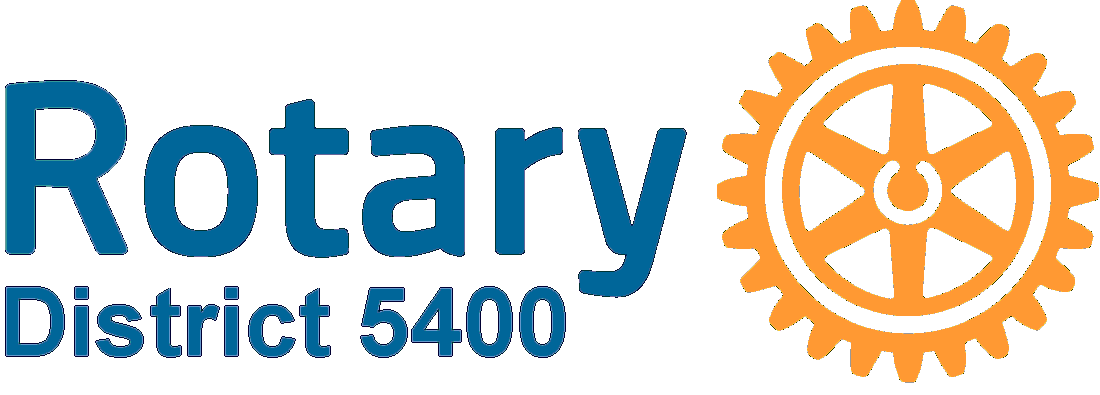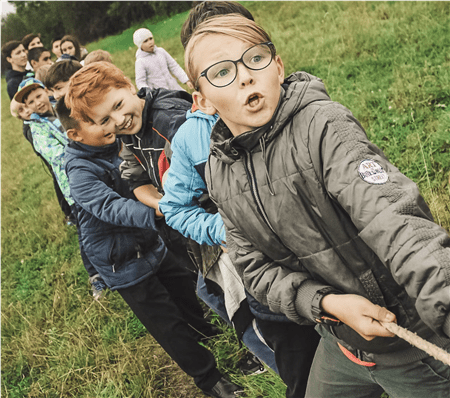Everyday Leadership is a collaborative effort to build self-confidence and share life skills with students attending low-income schools. Ultimately, the program seeks to inspire participants to graduate from high school and obtain degrees and/or professional licenses.
Everyday Leadership is a collaborative, neighborhood school-based effort that brings together the skills and resources of (1) local schools, (2) parents, (3) the Treasure Valley YMCA, and the Rotary Clubs (Boise Sunrise, Boise Metro and Caldwell) to achieve a shared goal.

Public schools provide teachers and counselors to serve as lead instructors and monitor results. The Boise School District assesses annual results. Parents encourage student participation. The Treasure Valley YMCA provides the curriculum, event facilities and assistance to teacher instructors as needed. Rotarians from the Boise Metro and Boise Sunrise Rotary Clubs facilitate collaboration among the organizations, provide funding, and seek to inspire self-confidence among the students through regular discussions.
Low-income schools are emphasized because several studies have shown that low-income students are at greatest risk of failing to graduate. These children often come to elementary schools with weaker reading and social skills than students from more affluent families. Over time these deficiencies give rise to feelings of inadequacy and low self-confidence that persists throughout their school education. The United Way of Treasure Valley reports that students with low self-esteem and poor academics are nineteen times more likely to drop out of school as their peers.
The employment potential of these youth is frequently limited to low-income jobs. Thereby perpetuating a feedback loop, where low-income youth become low-income parents who have low-income children.
In the Treasure Valley, inspiring academic success and self-confidence among youth from low-income families is critically important because forty to sixty percent of Treasure Valley students (dependent on school district) come from low-income families.
This problem is especially severe in Idaho. In 2018, Idaho’s high school graduation rate was 79.7%; lower than all but ten states (Stebbins and Frohlich, 2018. 24/7 Wall Street). Currently, only 42% of Idaho’s workforce (ages 25 to 34) have obtained a post-high school certificate or degree (Idaho Statesman, April 9, 2017), making their jobs especially vulnerable to technological advancements.
Everyday Leadership has proven effective in influencing the values and behaviors of students attending low-income schools. The program consists of discussions followed by skits and games illustrating the life skills including:
- What leadership means to me
- Leaders in my life
- Leaders and followers
- Qualities of leadership
- What makes a good leader
- Communication and active listening
- Doing the right thing
- Choosing tolerance
- Motivating the team
- Conflict management and cooperation
- Having my voice heard
Students also plan and implement community service projects such as visiting people in retirement homes, raking leaves, and helping younger people at their schools. Monitoring of program outcomes has revealed that nearly all participants end the year with improved grades or GPAs > 3.5. The number of students with GPAs less than 2.5 generally drops to zero. Behavioral incidents drop substantially during the year. A graduate of Everyday Leadership was elected as her senior class president in the 2024/25 school year.
In 2021, the Everyday Leadership program was presented with the Leadership for Public Education Award by the Idaho Association of Public School Administrators. Everyday Leadership has been adopted by ten low-income schools in Boise School District in the 2025/26 school year. Approximately 200 students will be participating.



